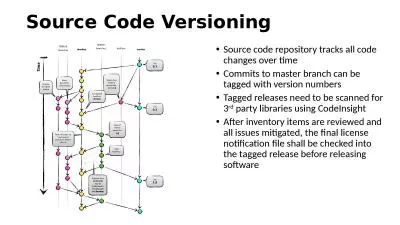PDF-CODE OF PRACTICE ON ASSESSMENT
Author : alexa-scheidler | Published Date : 2015-09-07
APPENDIX M Policy on Mitigating Circumstances in Relation to Performance in Assessments and Examinations 201 4 1 5 Applicable to all cohorts CODE OF PRACTICE ON
Presentation Embed Code
Download Presentation
Download Presentation The PPT/PDF document "CODE OF PRACTICE ON ASSESSMENT" is the property of its rightful owner. Permission is granted to download and print the materials on this website for personal, non-commercial use only, and to display it on your personal computer provided you do not modify the materials and that you retain all copyright notices contained in the materials. By downloading content from our website, you accept the terms of this agreement.
CODE OF PRACTICE ON ASSESSMENT: Transcript
Download Rules Of Document
"CODE OF PRACTICE ON ASSESSMENT"The content belongs to its owner. You may download and print it for personal use, without modification, and keep all copyright notices. By downloading, you agree to these terms.
Related Documents














